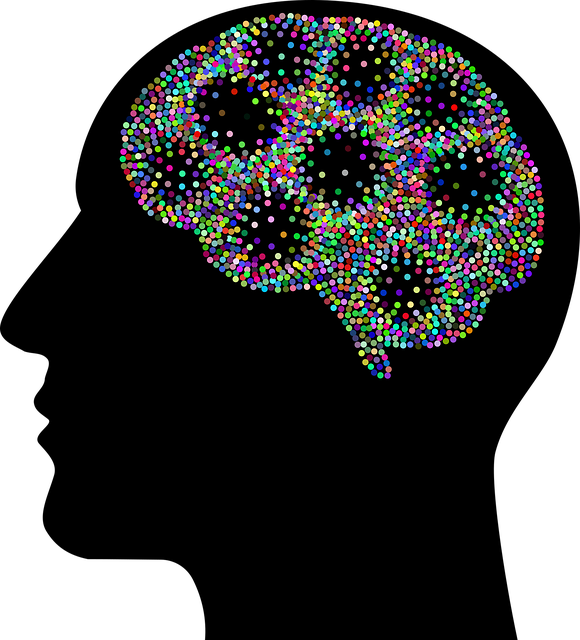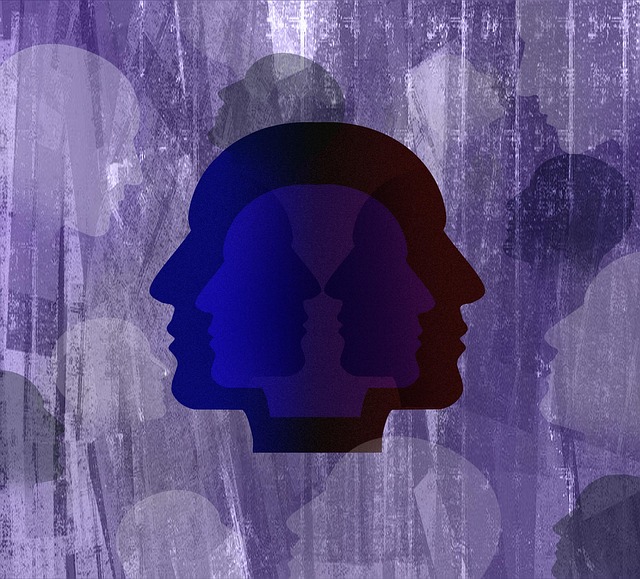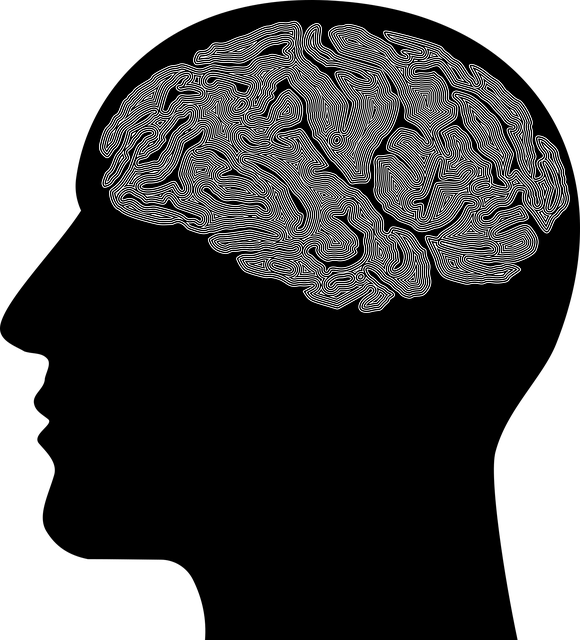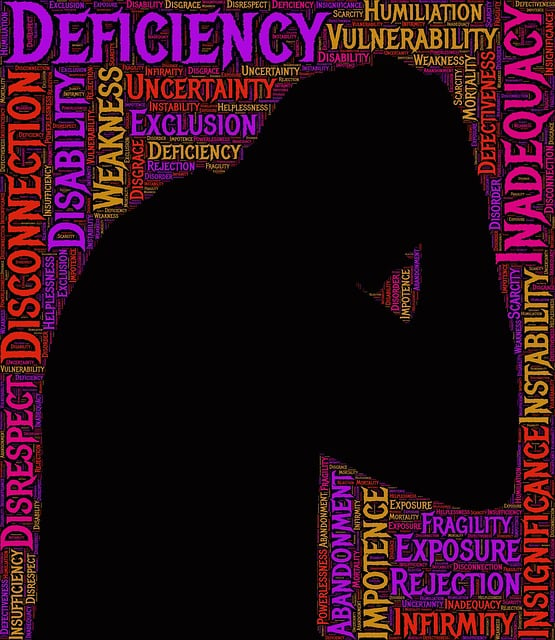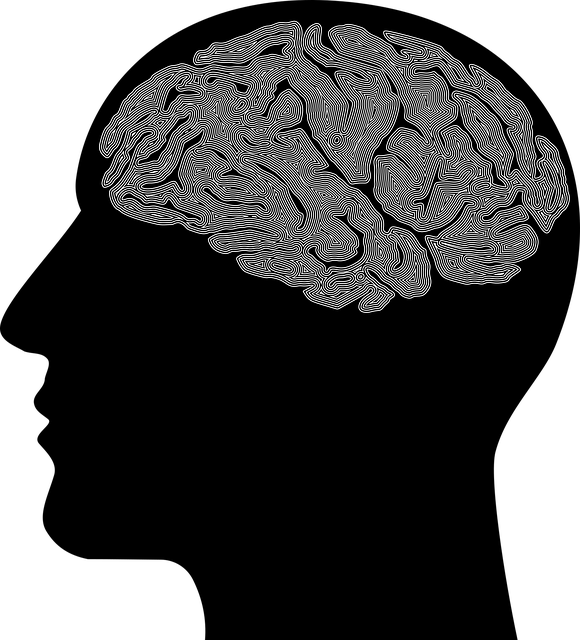Parker Domestic Violence Therapy (PDVT) emphasizes culturally sensitive practices in mental health care, recognizing that individuals' cultural backgrounds significantly impact their well-being. By understanding and valuing diverse perspectives, PDVT creates inclusive environments where clients feel respected and understood. This fosters open communication, builds trust, and improves therapeutic outcomes, especially for those experiencing stress management and trauma. The model provides a framework for professionals to offer tailored interventions while addressing unique cultural challenges in domestic violence cases. Enhanced cross-cultural competence through training, self-reflection, and staying informed enables mental health professionals to provide respectful, effective care to diverse populations.
In the diverse landscape of mental healthcare, cultural sensitivity is a cornerstone of effective therapy. Understanding and respecting cultural differences can significantly impact treatment outcomes. This article explores the critical role of cultural sensitivity in mental health practice, drawing insights from models like Parker Domestic Violence Therapy. We’ll delve into how cultural backgrounds shape mental health and treatment responses, offer practical strategies for professionals to enhance cross-cultural competence, and highlight the benefits of culturally responsive practices.
- Understanding Cultural Sensitivity: A Cornerstone of Effective Therapy
- The Impact of Cultural Background on Mental Health and Treatment
- Parker Domestic Violence Therapy: A Model for Culturally Responsive Practice
- Strategies for Mental Health Professionals to Enhance Cross-Cultural Competence
Understanding Cultural Sensitivity: A Cornerstone of Effective Therapy

Understanding cultural sensitivity is a cornerstone of effective therapy. In today’s diverse society, mental healthcare practitioners must be equipped to navigate the complex landscape of different cultural beliefs and values. This involves recognizing and appreciating the unique perspectives and experiences that shape individuals’ lives, including their interactions with mental health systems. By embracing cultural sensitivity, therapists create a safe and inclusive environment where clients feel understood and respected, fostering open communication and enhancing trust.
At Parker Domestic Violence Therapy, we emphasize the importance of culturally responsive practices in addressing various issues, such as stress management and trauma support. Our team is committed to providing services tailored to meet the specific emotional regulation needs of each client, regardless of their cultural background. We believe that this approach not only improves therapeutic outcomes but also ensures our clients receive holistic care that supports their overall well-being. This includes offering Stress Management Workshops Organization for those seeking tools to cope with daily stressors and Trauma Support Services for individuals who have experienced profound emotional trauma.
The Impact of Cultural Background on Mental Health and Treatment

Mental health issues do not exist in a vacuum; they are deeply intertwined with an individual’s cultural background and social context. Understanding this connection is paramount in providing effective care, as cultural factors can significantly influence how people experience and express distress, seek help, and respond to treatment. For instance, concepts of emotional distress, coping mechanisms, and even the perception of mental health disorders vary across cultures. What may be considered a normal reaction in one culture could be interpreted as a sign of illness in another.
At Parker Domestic Violence Therapy, we recognize that cultural sensitivity is a cornerstone of ethical practice. Mental health professionals must be adept at navigating these complexities to offer culturally competent care. This involves incorporating clients’ cultural beliefs and values into treatment plans, ensuring meaningful communication, and fostering an environment where individuals feel seen, heard, and understood. Effective therapy then becomes a collaborative process that respects diversity, promotes healing, and enhances the overall well-being of clients from diverse backgrounds. Additionally, crisis intervention guidance and risk management planning for mental health professionals can be enhanced by considering these cultural nuances to better support vulnerable populations.
Parker Domestic Violence Therapy: A Model for Culturally Responsive Practice

The Parker Domestic Violence Therapy (PDVT) model offers a powerful framework for mental healthcare professionals seeking to deliver culturally responsive care, particularly when working with diverse populations affected by domestic violence. This therapeutic approach emphasizes the importance of understanding cultural contexts and beliefs to create safe and supportive environments for clients. By incorporating compassion cultivation practices, PDVT enables therapists to build strong therapeutic alliances, fostering a sense of trust and encouraging open communication.
Through this model, therapists gain valuable insights into their clients’ lives, allowing them to provide tailored interventions that address the unique challenges presented by domestic violence across various cultural settings. The focus on cultural sensitivity is further enhanced through crisis intervention guidance, ensuring professionals are equipped to manage high-risk situations effectively while promoting healing and recovery for all involved.
Strategies for Mental Health Professionals to Enhance Cross-Cultural Competence

Mental health professionals play a vital role in fostering emotional healing processes for individuals from diverse cultural backgrounds. To effectively support clients, it’s crucial to enhance cross-cultural competence. This involves actively learning about different cultural values, beliefs, and communication styles to create a safe and non-judgmental environment. By incorporating strategies like active listening, open-ended questions, and validating cultural perspectives, professionals can better understand their clients’ experiences and needs.
For instance, integrating knowledge from Parker Domestic Violence Therapy can be beneficial in navigating complex issues related to trauma, power dynamics, and cultural norms. Additionally, promoting stress reduction methods and social skills training tailored to individual cultural contexts can facilitate healing and growth. Through continuous self-reflection, cultural competency training, and staying informed about emerging research, mental health professionals can ensure they provide culturally sensitive care that respects and empowers every client.
In conclusion, cultural sensitivity in mental healthcare is a vital aspect of providing effective and equitable treatment. As demonstrated by models like Parker Domestic Violence Therapy, culturally responsive practices can significantly impact positive outcomes for diverse populations. By understanding the influence of cultural backgrounds on mental health and adopting strategies to enhance cross-cultural competence, mental health professionals can navigate complex dynamics, foster trust, and offer tailored support, ultimately revolutionizing care for all individuals seeking assistance.
